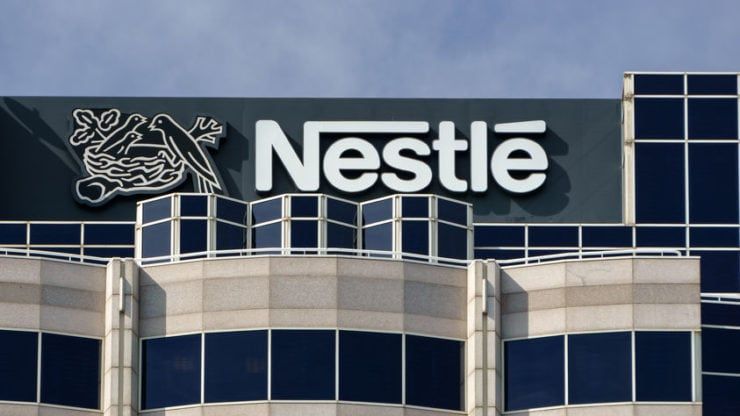Nestle, the world’s largest food company, is embarking on a transformative journey under its new CEO, Laurent Freixe.
After several quarters of lackluster sales growth under former CEO Mark Schneider, Freixe, a four-decade Nestle veteran, is steering the company towards a future focused on cost efficiency, amplified marketing, and strategic realignment.
This new direction, unveiled at the company’s capital markets day in Vevey, Switzerland, aims to revitalize growth and recapture market share lost to competitors during the challenging pandemic years.
Streamlining operations for billions in savings
The cornerstone of Freixe’s strategy is a significant cost-cutting initiative.
Nestle aims to achieve at least 2.5 billion Swiss francs ($2.83 billion) in cost savings by 2027.
This ambitious target is in addition to ongoing savings of approximately 1.2 billion Swiss francs.
These savings will be crucial in freeing up resources for reinvestment in key growth areas, particularly marketing and advertising.
“The additional cost savings is significant,” noted Vontobel analyst Jean-Philippe Bertschy.
Revitalizing brands through marketing investment
Recognizing the impact of reduced marketing spend during the pandemic, Nestle is committed to reigniting its brands through increased investment in advertising and marketing.
The company plans to allocate 9% of total sales to these efforts by 2025, a level not seen since 2019.
This represents a substantial increase from the 7.7% of sales dedicated to advertising and marketing in 2023, an 80 basis point rise from the previous year, as per Nestle’s latest annual report.
Bertschy sees this as “definitely a first step in the right direction to restore sales growth.”
Embracing a portfolio approach, not divestment
Contrary to speculation about potential brand divestitures, Nestle has affirmed its commitment to its expansive portfolio of over 2,000 brands.
Freixe emphasized a focus on revitalizing underperforming brands rather than selling them off.
“We don’t have a portfolio problem,” stated CFO Anna Manz, reinforcing the company’s belief in organic growth fueled by strategic investment.
This contrasts with the approach taken by rival Unilever, which recently announced plans to spin off its ice cream business and explore selling weaker brands.
Strategic restructuring: water and premium beverages as a standalone unit
In a move aimed at sharpening its focus and potentially unlocking future value, Nestle announced the creation of a standalone global unit for its water and premium beverages businesses, effective January 1, 2025.
This strategic restructuring has sparked speculation about potential future spin-offs.
“This is clearly a step to spin it off, maybe to private equity; all options on the table,” commented Bertschy. A Roadmap for Sustainable Growth and Stakeholder Value
This comprehensive plan marks a clear departure from the previous strategy and signals a renewed focus on driving sustainable growth. Freixe’s vision encompasses not only financial performance but also operational efficiency and agility.
“Our action plan will also improve the way we operate, making us more efficient, responsive and agile,” Freixe stated.
“This will allow us to deliver value for all our stakeholders.”
The company projects medium-term organic sales growth to exceed 4% in a normal operating environment, with an underlying trading operating profit margin of 17%.
This is a significant leap from the anticipated 2% organic sales growth projected for the year ending December 31, 2024.
The ambitious plan reflects Nestle’s determination to recapture market share and solidify its position as a global leader in the food and beverage industry.
The post Nestle’s big gamble: will cost-cutting & marketing be enough? appeared first on Invezz
